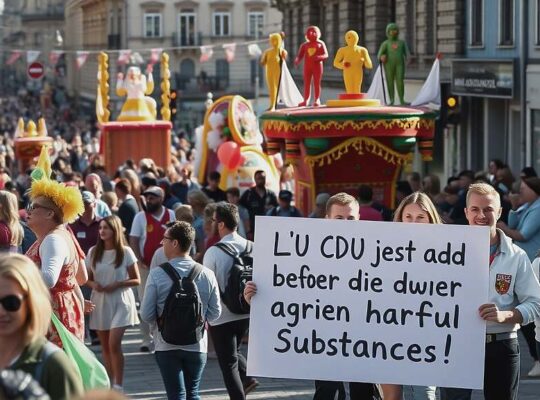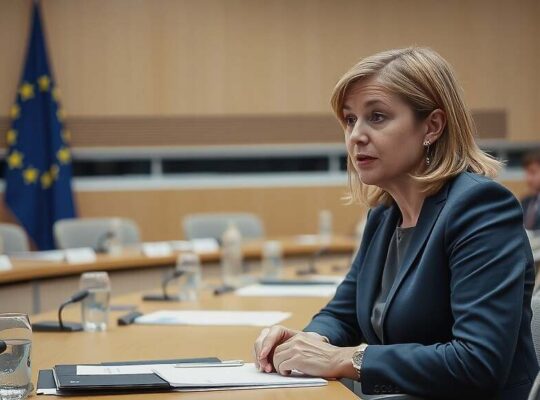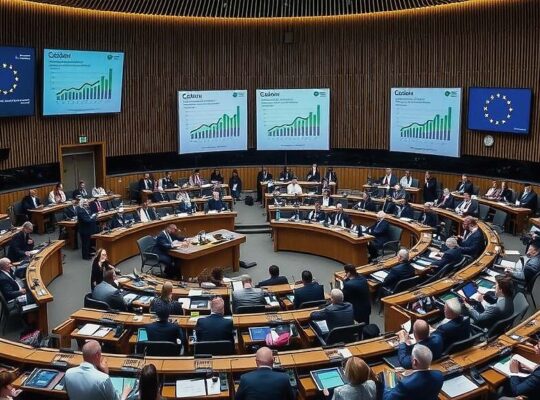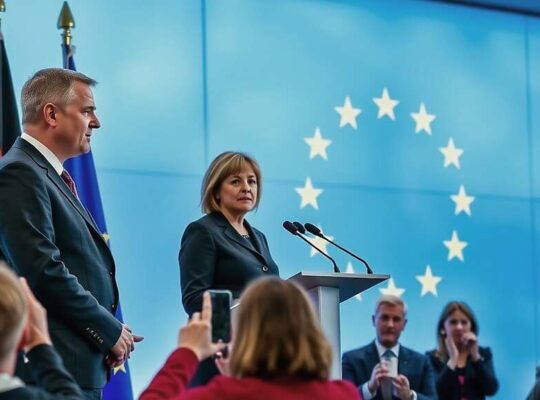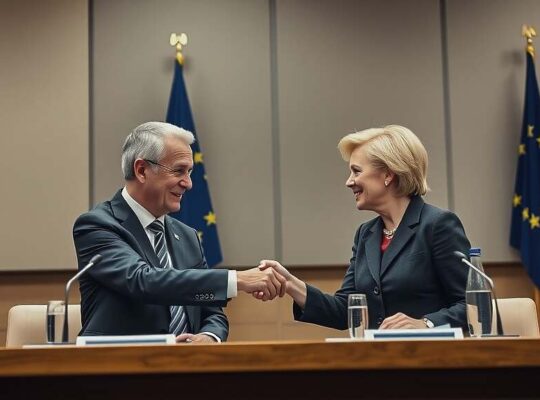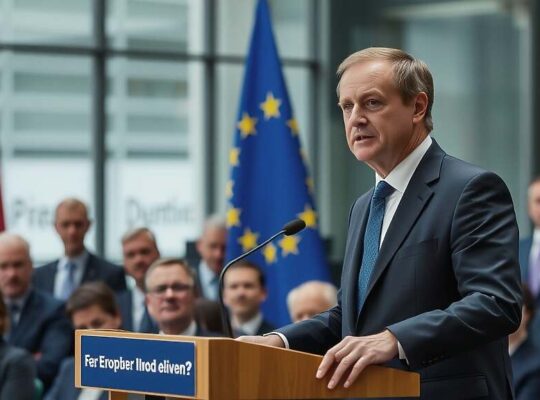The European Union is facing renewed scrutiny over its climate ambitions just days before the pivotal World Climate Conference in Belém, Brazil. A draft proposal, leaked to the German business daily “Handelsblatt”, reveals a significant softening of the EU’s previously declared climate target for 2040, raising concerns about the bloc’s commitment to genuine emissions reductions.
While the official target remains a 90% reduction in greenhouse gas emissions by 2040 compared to 1990 levels, the draft details a mechanism that would allow for substantial loosening through the inclusion of international carbon credits. Several major EU member states, including France, Italy and Poland, are reportedly pushing for an expansion of this leeway by a considerable five percentage points – a move that Germany is currently considering.
If adopted, this alteration would effectively reduce the EU’s internal emissions reduction obligation from 90% to 85%. Currently, the EU has achieved a reduction of approximately 37-40% – a progress record tempered by the apparent willingness to leverage external accounting to seemingly meet broader commitments.
The rationale behind this shift centers on the EU’s international obligations under the United Nations framework. The 2040 target directly informs the bloc’s forthcoming commitments for 2035, currently under negotiation. The leaked draft suggests that a revised EU target incorporating the credit mechanism could lead to an international pledge of a 72.5% emissions reduction by 2035.
Critics argue that this strategy risks undermining the EU’s leadership role in global climate action. The reliance on international credits, often sourced from developing nations, raises questions about the genuine additionality and permanence of those reductions. There are fears that it could incentivize unsustainable practices in other countries while allowing the EU to present a superficially impressive climate performance without enacting correspondingly stringent domestic policies.
The timing of this maneuver, on the eve of a high-profile climate summit, has drawn accusations of cynical maneuvering and a prioritization of short-term political expediency over long-term environmental sustainability. Observers warn that this watering down of ambition could significantly impact the overall effectiveness of global climate efforts and damage the EU’s credibility on the world stage.




